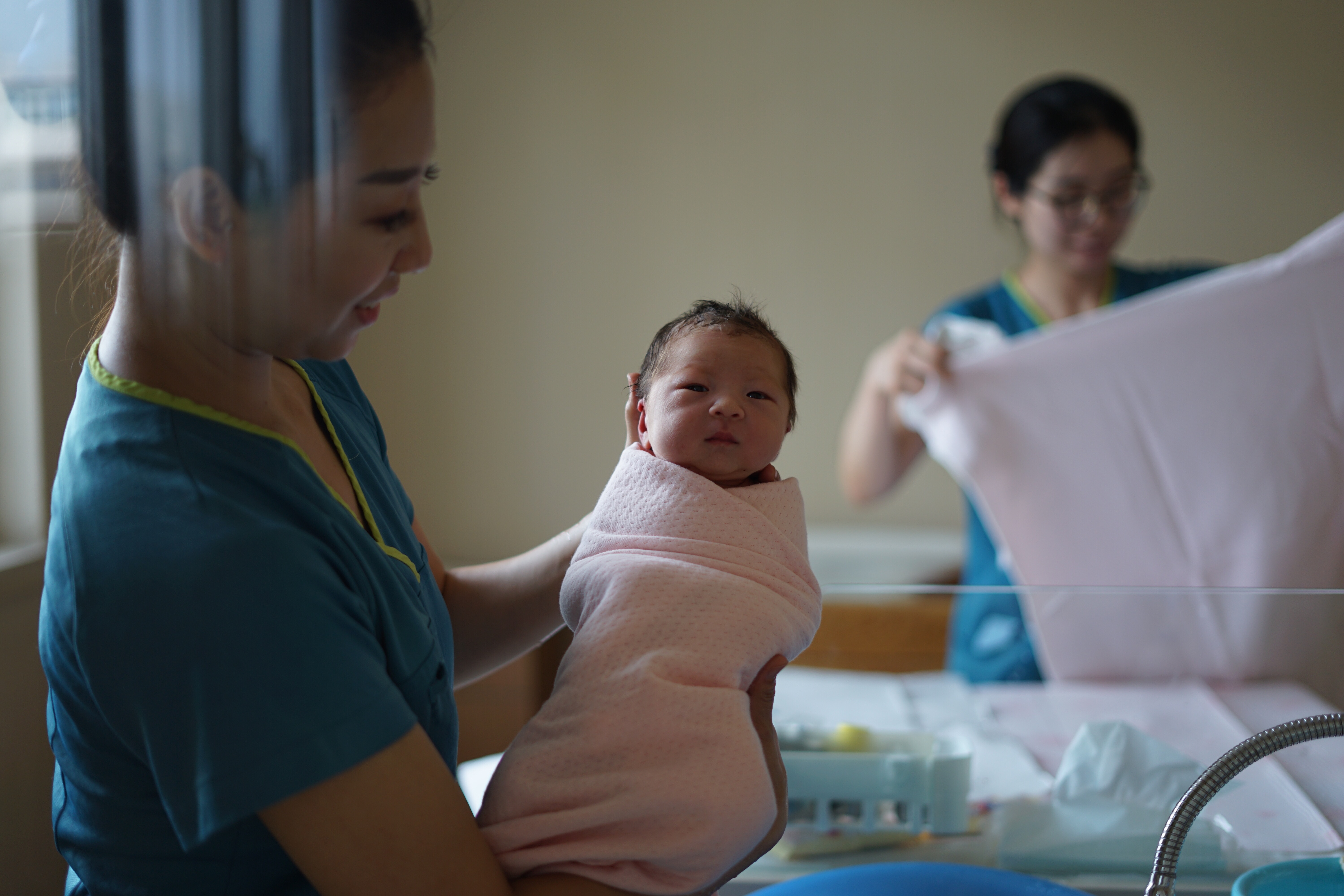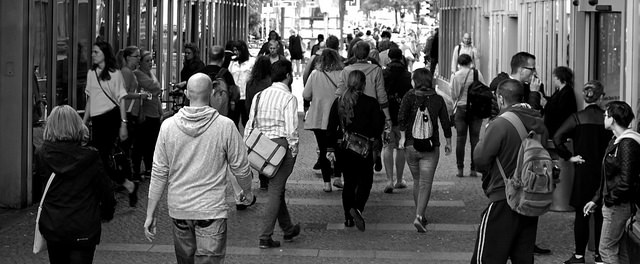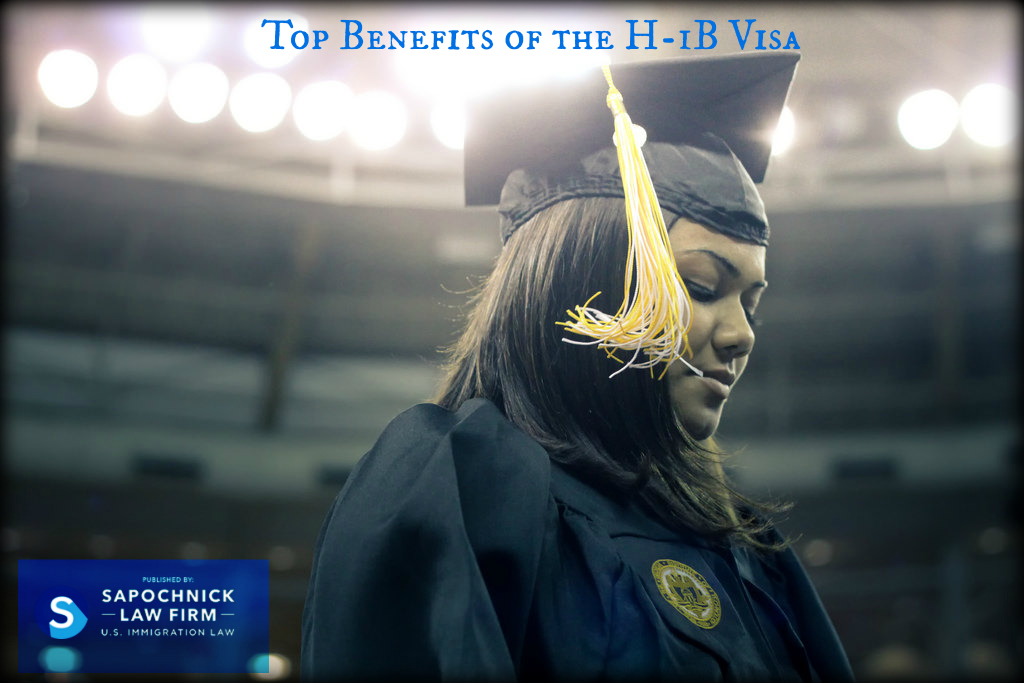Great news for our loyal followers! The time has come – today the U.S. Citizenship and Immigration Services (USCIS) announced that premium processing services will resume.
Beginning June 1, 2020, premium processing services for all Form I-129 Petition for Nonimmigrant Workers will be resumed.
What about other types of petitions?
Premium processing service will be resume for other types of petitions in phases as follows:
-Beginning June 8th USCIS will accept premium processing requests for:
- H-1B petitions filed before June 8 that are pending adjudication and are cap-exempt (for example, petitions filed by petitioners that are cap-exempt and petitions filed for beneficiaries previously counted toward the numerical allocations).
- All other Form I-129 petitions (non H-1B petitions) for nonimmigrant classifications eligible for premium processing filed before June 8 that are pending adjudication.
-Beginning June 15th USCIS will resume premium processing for:
- H-1B petitions requesting premium processing where Form I-907 was filed concurrently with Form I-129 (or request for a petition filed on or after June 8) and the beneficiary is exempt from the cap because:
- The employer is cap-exempt or because the beneficiary will be employed at a qualifying cap-exempt institution, entity or organization (such as an institution of higher education, a nonprofit research organization or a governmental research organization); or
- The beneficiary is cap-exempt based on a Conrad/IGA waiver under INA section 214(l).
 Visa Lawyer Blog
Visa Lawyer Blog











